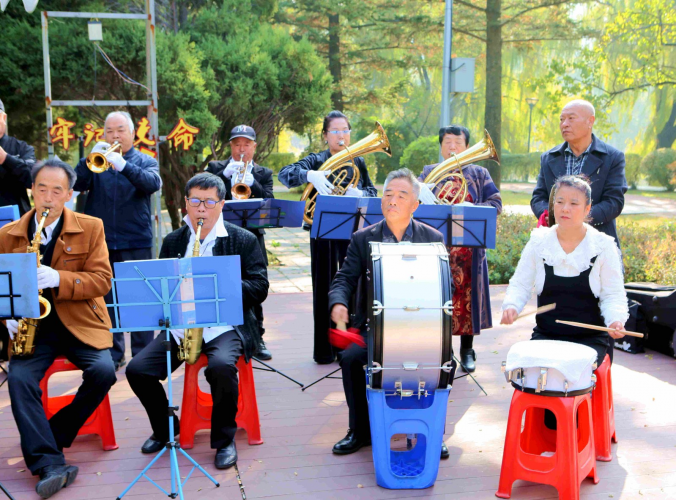Not long ago, I unintentionally upset two elderly church workers serving in key positions. That evening, after returning home, I reflected on my words and actions.
That was the time that I hosted a communion service in a rural church and then noticed that 90% of the church members, from staff workers to believers, were over 60 years old. During lunch with them, I remarked that there were too many aged staff in rural churches, and it was urgent to find ways to retain young believers and protect young workers. Unintentionally, a 70-year-old head of the ministry team said, "The pastor just mentioned protecting our older workers." I corrected him, saying, "I meant protecting youth workers. The church has too many elderly people who are capable of protecting themselves. Some aged staff even force young ones to leave their ministry positions." After saying this, I realized that I had offended someone.
Some aged church workers become displeased when they hear terms like "old age" or "retirement," even though they know the other person was stating a fact. At an older age, their physical and mental abilities are not as good as those of younger people, which indicates that they should retire. However, they resist aging, clinging to their positions. Therefore, they hope others will overlook their age and not mention this irrefutable fact.
Those who treat "old age" as a sensitive term among elderly workers fail to accept the inevitable reality of aging. They do not appreciate the unique richness that comes with the aging process but, instead, fear the losses it brings. For example, some older workers belittle younger people, attempting to prove that it is a selfless act for the church to hold onto their positions despite aging.
But to avoid hindering the development of the church, aged church workers should not let their experience blind them to the reality of their age. With a rich inner life, an elderly person will not crave worldly fame and gain or fear losing face.
A choir leader, who is also aged, said, "If I retire and no longer lead the choir, I won't participate in the choir at all." When asked why, he said that after leading the choir for over thirty years, he would be ridiculed if he became an ordinary choir member. In the book, Tuesdays with Morrie, a professor suffering from amyotrophic lateral sclerosis (ALS) has a conversation with a young student. The old professor says he has learned to transition from a healthy and dignified person to a "baby" who needs care. Therefore, in different periods of life, people must learn to switch roles.
In early 2024, all the church staff participated in the year-end summary meeting. There were a total of 130 people, with not a single worker under 30 and fewer than 40 members under 50. The oldest worker was in his seventies. If elderly people still can’t accept aging and do not earnestly retain and nurture youth workers, the future of rural churches is a cause for concern.
(The article was originally published by the Gospel Times and the author is a pastor from Jiangsu.)
- Translated by Abigail Wu












